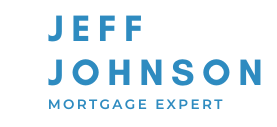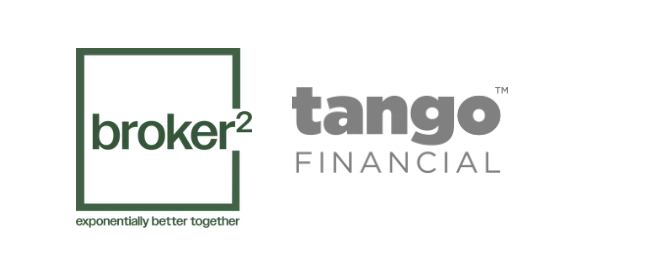Start Smart: Get Pre-Approved for Your Mortgage
Thinking of Buying a Home? Here’s Why Getting Pre-Approved Is Key
If you’re ready to buy a home but aren’t sure where to begin, the answer is simple: start with a pre-approval. It’s one of the most important first steps in your home-buying journey—and here's why.
Why a Pre-Approval is Crucial
Imagine walking into a restaurant, hungry and excited to order, but unsure if your credit card will cover the bill. It’s the same situation with buying a home. You can browse listings online all day, but until you know how much you can afford, you’re just window shopping.
Getting pre-approved for a mortgage is like finding out the price range you can comfortably shop within before you start looking at homes with a real estate agent. It sets you up for success and saves you from wasting time on properties that might be out of reach.
What Exactly is a Pre-Approval?
A pre-approval isn’t a guarantee. It’s not a promise that a lender will give you a mortgage no matter what happens with your finances. It’s more like a preview of your financial health, giving you a clear idea of how much you can borrow, based on the information you provide at the time.
Think of it as a roadmap. After going through the pre-approval process, you’ll have a much clearer picture of what you can afford and what you need to do to make the final approval process smoother.
What Happens During the Pre-Approval Process?
When you apply for a pre-approval, lenders will look at a few key areas:
- Your income
- Your credit history
- Your assets and liabilities
- The property you’re interested in
This comprehensive review will uncover any potential hurdles that could prevent you from securing financing later on. The earlier you identify these challenges, the better.
Potential Issues a Pre-Approval Can Reveal
Even if you feel confident that your finances are in good shape, a pre-approval might uncover issues you didn’t expect:
- Recent job changes or probation periods
- An income that’s heavily commission-based or reliant on extra shifts
- Errors or collections on your credit report
- Lack of a well-established credit history
- Insufficient funds saved for a down payment
- Existing debt reducing your qualification amount
- Any other financial blind spots you might not be aware of
By addressing these issues early, you give yourself the best chance of securing the mortgage you need. A pre-approval makes sure there are no surprises along the way.
Pre-Approval vs. Pre-Qualification: What’s the Difference?
It’s important to understand that a pre-approval is more than just a quick online estimate. Unlike pre-qualification—which can sometimes be based on limited information and calculations—a pre-approval involves a thorough review of your finances. This includes looking at your credit report, providing detailed documents, and having a conversation with a mortgage professional about your options.
Why Get Pre-Approved Now?
The best time to secure a pre-approval is as soon as possible. The process is free and carries no risk—it just gives you a clear path forward. It’s never too early to start, and by doing so, you’ll be in a much stronger position when you're ready to make an offer on your dream home.
Let’s Make Your Home Buying Journey Smooth
A well-planned mortgage process can make all the difference in securing your home. If you’re ready to get pre-approved or just want to chat about your options, I’d love to help. Let’s make your home-buying experience a smooth and successful one!





